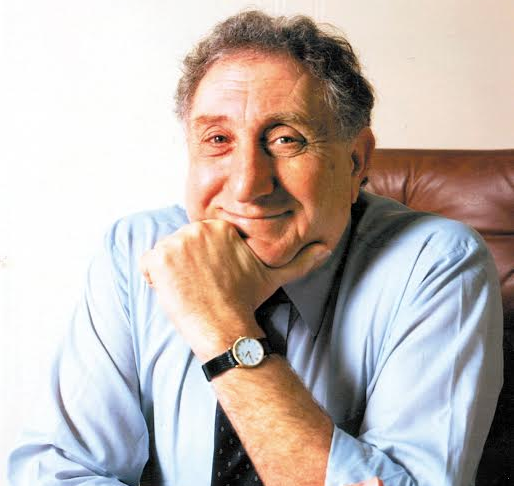Former judge admits racial bias influenced possible wrongful conviction

A defendant serving 15 years to life may have been incorrectly placed behind bars by a judge who was aiming to right civil rights wrongs. Now, retired Brooklyn Judge Frank Barbaro has made an unprecedented announcement when he testified this month that his views on racism and his belief in correcting the stereotypes embedded in the criminal justice system may have influenced his decision to convict a white man for the murder of a black victim.
In 1999, Barbaro presided over the trial of Donald Kagan, who was accused of shooting Wavell Wint, an African-American man, outside of a movie theater. Kagan, who is white, had taken an unlicensed firearm with him when he went to a movie theater on Linden Boulevard in Brooklyn. Kagan asserted that Wint tried to rob him outside of the theater and that in a self-defense struggle, he shot Wint in the stomach and chest.
Kagan opted for a bench trial, having only the presiding judge — Barbaro — serve as judge and jury. During the trial, Kagan argued that Wint’s shooting was justified on account of Wint’s attempted robbery of Kagan’s jewelry. Unconvinced by the justification argument, Barbaro found Kagan guilty of second-degree intentional murder and sentenced him to 15-years to life behind bars.

Brooklyn Boro
View MoreNew York City’s most populous borough, Brooklyn, is home to nearly 2.6 million residents. If Brooklyn were an independent city it would be the fourth largest city in the United States. While Brooklyn has become the epitome of ‘cool and hip’ in recent years, for those that were born here, raised families here and improved communities over the years, Brooklyn has never been ‘uncool’.